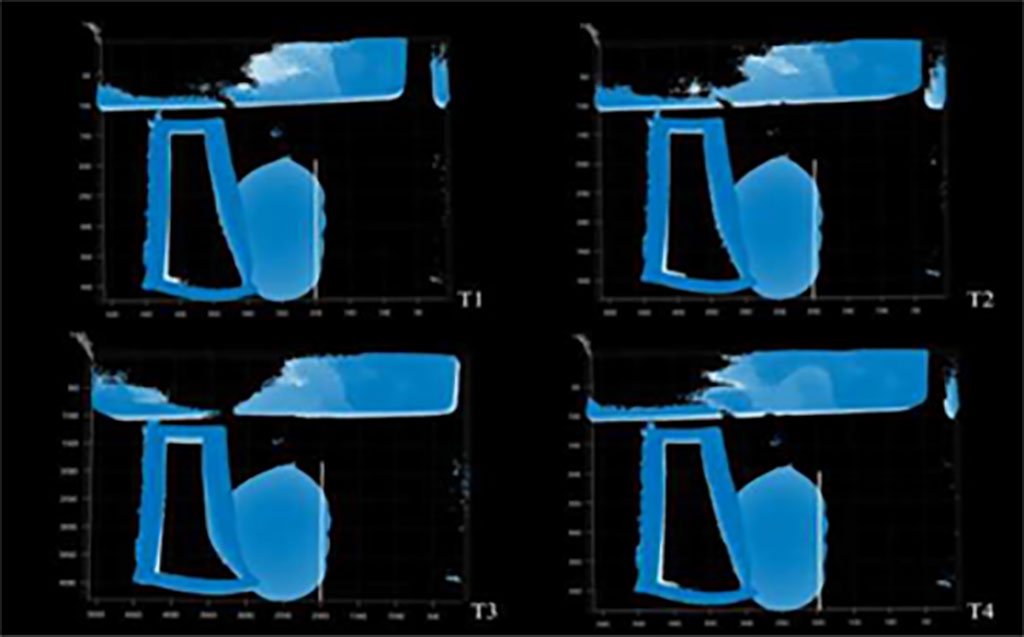Breast MRI Biopsy Positioning and Immobilization Device to Improve Cancer Detection
Posted on 29 Aug 2023
Ultrasounds and mammograms are the initial choices for breast cancer screening, while Magnetic Resonance Imaging (MRI) breast scans are employed for patients at high risk. Although MRI is exceptionally accurate in detecting cancer, obtaining precise biopsies from patients with less breast tissue remains a challenge. This is because the current MRI tables do not apply sufficient compression for those with thinner breast tissue. Presently, there are no dedicated commercial solutions for this issue, and the makeshift methods in use are inefficient. Now, a novel device has the capability to enhance MRI-guided biopsies and patient comfort by effectively positioning and immobilizing breasts of varying sizes and shapes.
Scientists at the University of Wisconsin-Madison (Madison, WI, USA) have developed a reusable device capable of applying diverse lateral or medial compression to breasts of all sizes, ranging from A to DD cup sizes. This approach enhances efficiency by reducing scan setup time. The team has devised two potential prototypes: the inflatable bladder and the hinge device. To evaluate the effectiveness of the hinge design, testing was conducted on a phantom breast and mock coil to assess its ability to compress targeted breast areas. The results indicated a notable increase in the biopsy-accessible breast area following compression from the device. The team is confident that the final proposed design will effectively address client needs and enhance scan efficiency within clinical settings. This innovative solution is now ready for human patient testing.

Related Links:
University of Wisconsin-Madison














